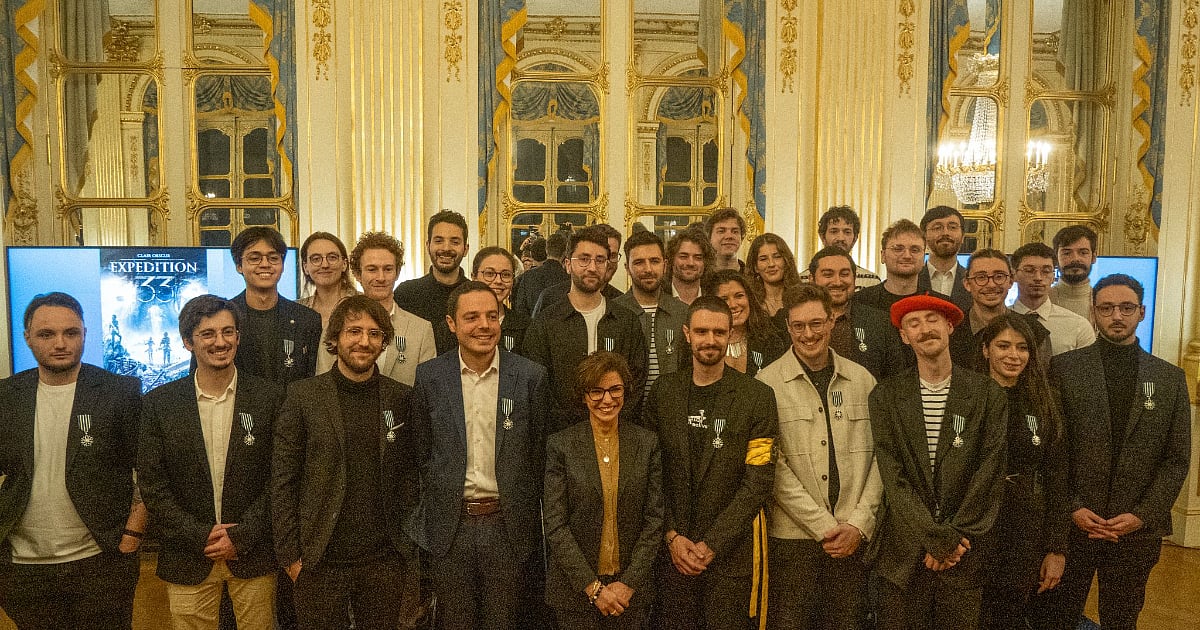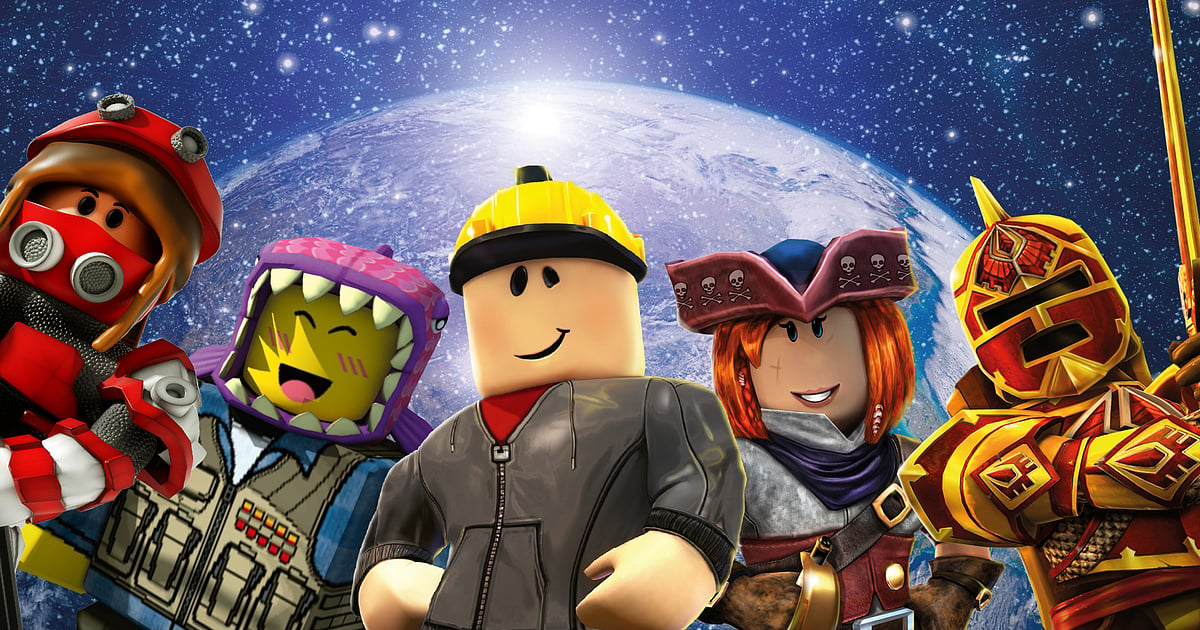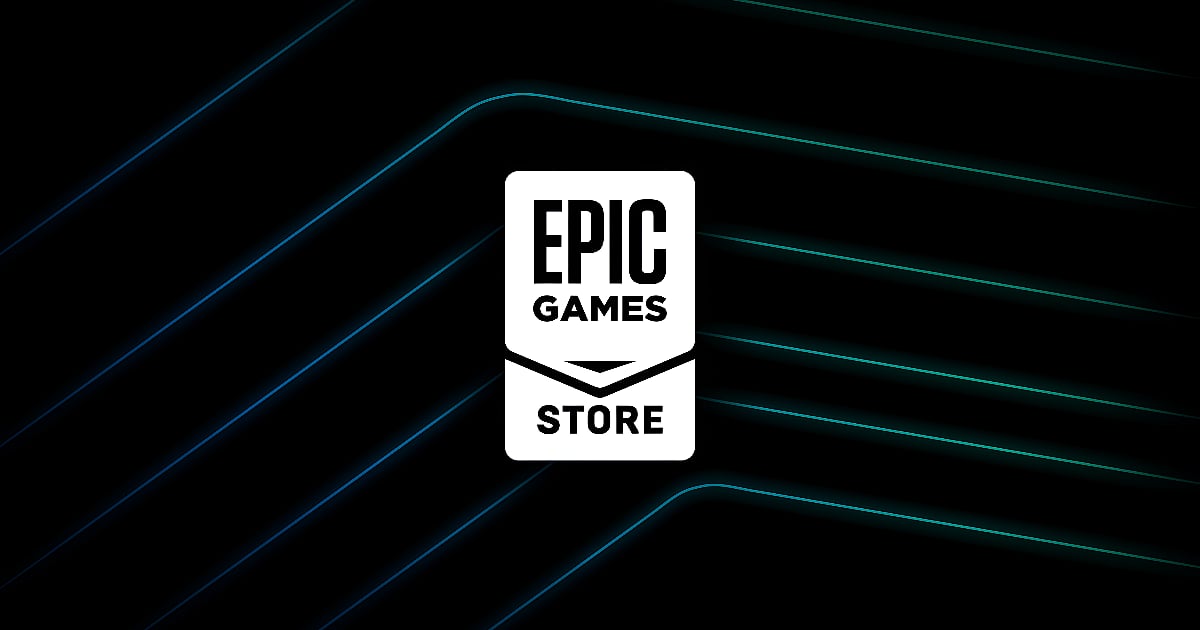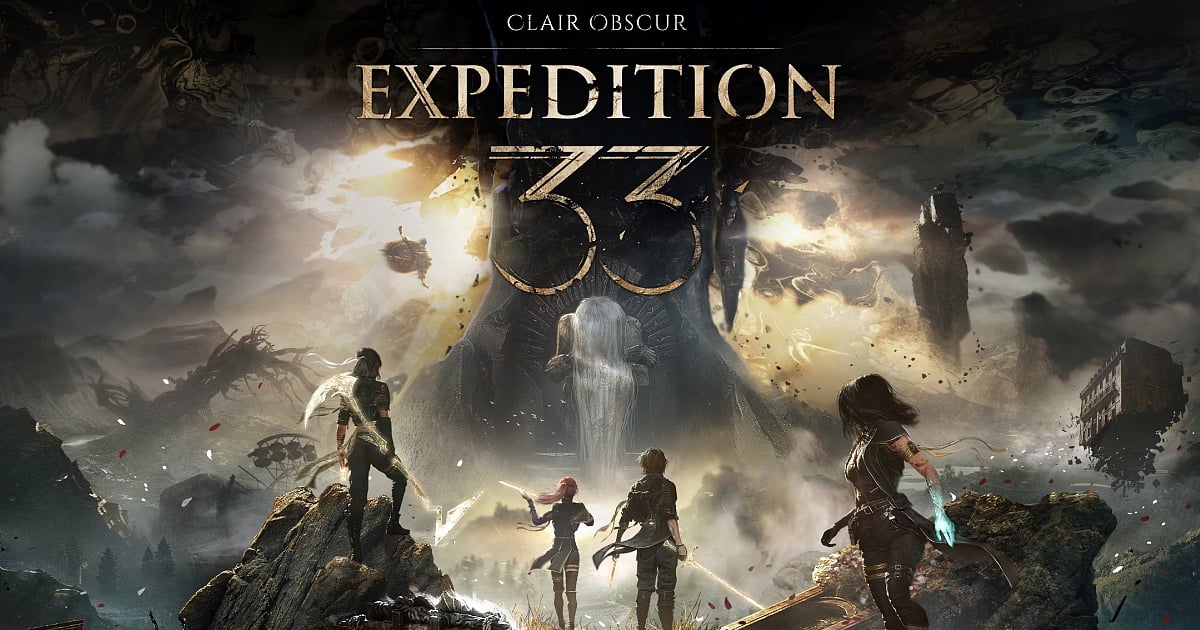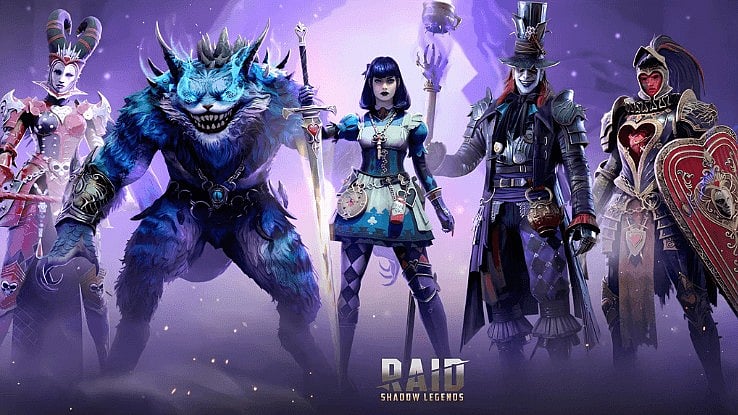
Decoding MTG's Big Bet on a New Way to Run Gaming Studios
Decoding MTG's Big Bet on a New Way to Run Gaming Studios
The Swedish company is betting a new structure can help it compete with giants like Tencent. But first, it had to overhaul its leadership.
Highlights
- MTG is reorganizing nine gaming studios into Midcore and Casual districts under a "Gaming Village" structure.
- Oliver Bulloss leads Midcore District as CEO; Plarium's Schraga Mor departs; PlaySimple's co-founders step down after transition.
- Capital Markets Day in Stockholm will detail growth strategy, new operating model, and financial outlook.
Modern Times Group (MTG) wants to be a force in mobile gaming. The Swedish company has been quietly assembling a collection of studios over the past few years, culminating in its blockbuster acquisition of Plarium, the Israeli developer behind "RAID: Shadow Legends."
Now comes the hard part: making it all work together.
On Wednesday, MTG announced a sweeping reorganization that will reshape how the company operates. The headline: MTG is splitting its nine gaming studios into two new "Districts" within what it calls its Gaming Village. Think of it as creating two specialized neighborhoods, each with its own character and leadership.
The Two Districts
The Midcore District will house five studios that make strategy, action and simulation games, the kind that require more time and engagement from players. This includes Plarium, German studio InnoGames (known for "Forge of Empires"), racing game specialist Hutch, and tower defense developer Ninja Kiwi.
The Casual District starts with just one studio: PlaySimple, the Indian developer behind popular word games like "Daily Themed Crossword" and "Word Trip." But MTG has made clear this district is meant to grow through acquisitions of similar casual game studios.
The logic behind the split is straightforward. Midcore and casual games require different expertise, different player acquisition strategies, and different approaches to monetization. By grouping similar studios together, MTG hopes they can share knowledge and resources more effectively than in the previous structure where all studios reported up separately.
"The District model will help accelerate game performance, drive efficient growth, and generate clear avenues for future value creation," the company said. MTG plans to formally implement the new structure in January 2026.
A Leadership Shuffle
The reorganization triggered a cascade of personnel changes, some more surprising than others.
The Midcore District will be led by Oliver Bulloss, who currently serves as MTG's chief product officer. Bulloss has spent time at some of mobile gaming's biggest names (King, Rovio, and Zynga's NaturalMotion studio) and recently helped turn around Hutch's business as its interim co-CEO.
Working alongside Bulloss will be Hendrik Klindworth, the co-founder and longtime CEO of InnoGames, who becomes executive chairman of the district. Klindworth built InnoGames into one of Europe's most successful browser and mobile game studios over two decades. His new role appears designed to provide strategic oversight while allowing him to step back from day-to-day operations.
That meant InnoGames needed a new CEO. MTG promoted Christian Reshöft, who has been with InnoGames for 12 years and most recently served as chief product officer.
At Hutch, Andy Watson, who had been serving as interim co-CEO with Bulloss, now becomes the studio's sole chief executive. Watson previously served as chief operations officer and has been with Hutch for 12 years.
The biggest departure: Schraga Mor, who became CEO of Plarium in January 2023, is leaving the company. MTG offered diplomatic praise for Mor's work integrating Plarium into the larger group but provided no details about his reasons for leaving or what comes next for him.
The Casual Side
The Casual District saw even more dramatic changes, though these were announced more quietly over the summer.
In August, MTG brought in Yoav Ecker as PlaySimple's new CEO. Ecker comes with an impressive résumé: he previously drove growth at Product Madness, Crazy Labs and Playtika, all major players in mobile gaming.
His arrival meant a changing of the guard for PlaySimple's founding team. Siddharth Jain, who co-founded the company and served as CEO, moved up to become chairman of the board in September. Co-founder Siddhanth Jain is gradually transitioning out through the end of this year. Two other co-founders, Preeti Reddy and Suraj Nalin, exited at the end of July.
It's a significant shift for a studio that the founding team built into one of India's mobile gaming success stories. MTG acquired PlaySimple in 2021, and the studio has continued to grow its portfolio of word and puzzle games.
What It All Means
MTG's restructuring comes at a challenging moment for mobile gaming. User acquisition costs have soared. Apple's privacy changes have made targeted advertising more difficult. And the market is dominated by deep-pocketed giants like Tencent, which can outspend smaller competitors.
MTG's bet is that a more focused structure, with dedicated leadership for midcore and casual games, can help it punch above its weight. The company has been working since 2022 to transform itself into what CEO Maria Redin calls "one of the leading mobile gaming groups in the world."
The Plarium acquisition was the centerpiece of that strategy. "RAID: Shadow Legends" remains one of the highest-grossing mobile RPGs globally, and Plarium brought MTG the scale and expertise in midcore games it needed.
Now MTG will make its case to investors. On October 9, the company is holding a Capital Markets Day in Stockholm where Redin and her team will present their vision for the next three to five years. The event is structured around three themes: Market leadership, Transformation, and Growth (spelling out "MTG" in what feels like very deliberate branding).
Redin will discuss MTG's positioning in the global mobile gaming market. The new district CEOs, Bulloss and Ecker, will present their strategies. And CFO Nick Hopkins will lay out the company's financial outlook and plans for capital allocation.
There will also be sessions on "RAID: Shadow Legends," artificial intelligence in game development, and upcoming titles.
"I am proud of what we have built so far and excited about what we can achieve in the next three to five years," Redin said in a statement announcing the changes.
Whether MTG's Gaming Village concept can deliver on that ambition remains to be seen. But with the new structure and leadership in place, investors will soon get their clearest picture yet of where the company is headed.
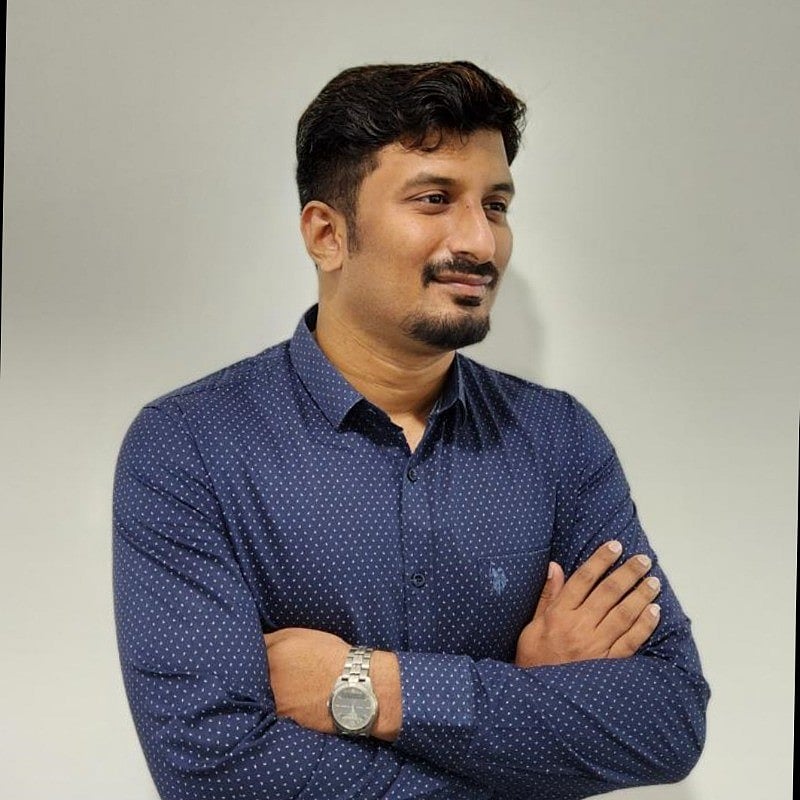
Author
Vignesh Raghuram is the Editor of Outlook Respawn, where he leads editorial strategy across gaming, esports, and pop culture. With a decade of experience in gaming journalism, he has established himself as a trusted voice in the industry.
Related Articles

